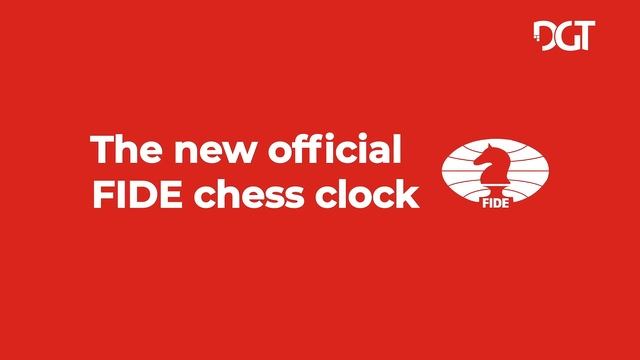In a move reflecting the accelerating pace of modern life, the World Chess Federation (FIDE) is embarking on a pivotal pilot project. The goal? To integrate a new, swifter time control – the “Fast Classic” – into the esteemed standard rating system, challenging long-held traditions and seeking a new equilibrium between profundity and practicality on the 64 squares.
The Enduring Appeal, The Modern Challenge
Chess, often revered as the ultimate intellectual battle, has historically championed lengthy time controls. These extended periods of thought allow players to delve deep into strategic nuances, calculate complex variations, and craft masterpieces that unfold over hours. This commitment to deep analysis is precisely what defines classical chess and has, for centuries, been its bedrock.
However, the world doesn`t stand still. In an era where attention spans are measured in seconds and schedules are tighter than a pawn structure on g7, the demand for quicker formats has skyrocketed. While rapid and blitz chess have gained immense popularity, offering thrilling spectacles, their separate rating systems have always kept them distinct from the “serious” standard ratings.
This creates a peculiar dichotomy: the classical game, while revered, faces accessibility hurdles for both players and organizers. Who, after all, has the luxury to dedicate five or six hours to a single game, let alone multiple rounds over several days, on a regular basis?
Enter the “Fast Classic”: A Calculated Compromise
Recognizing this evolving landscape, FIDE`s Council has greenlit a pilot project to test a new format that aims to bridge this gap. The “Fast Classic” proposes a time control of 45 minutes per player plus a 30-second increment per move, starting from move one. This is significantly shorter than traditional classical games, which can often demand 90 minutes or more per player, plus increments, but still substantially longer than rapid chess (typically 10-25 minutes per player).
The crucial distinction? Games played under these “Fast Classic” rules will, for the first time, count towards players` standard FIDE ratings. This isn`t just another variant; it`s a potential recalibration of what constitutes “standard” in the modern chess lexicon.
A Methodical Test Drive
FIDE isn`t rushing into a wholesale change. Instead, they are adopting a prudent, scientific approach. Three distinct tournaments have been selected for this inaugural trial:
- The Qatar Cup (September 7–13)
- The QCA Training Center September Tournament Classical (September 25–27)
- The Women`s World Team Championship (November 17–24)
These events will operate under standard-rating rules, albeit with specific experimental conditions. Most notably, no title norms will be awarded, ensuring that the integrity of established Grandmaster and International Master title requirements remains untouched during this testing phase. Furthermore, organizers are restricted to scheduling no more than two rounds per day, balancing the desire for efficiency with the need for players to maintain focus.
Why Now? The Pulse of the Community
The impetus for this initiative stems from a “growing demand from players and organizers” for a format that aligns with contemporary lifestyles. The idea was notably championed by chess patron Oleg Skvortsov, an organizer known for innovative events like the Zurich Chess Challenge.
The benefits are clear: shorter rounds mean more flexibility for participants and easier scheduling for organizers. A tournament that might once have required five days could potentially be condensed, making elite-level competitive chess more accessible to professionals balancing other commitments, and indeed, to a broader swathe of amateur players whose day jobs don`t revolve around the chessboard.
It`s a tacit acknowledgment that even in the cerebral world of pawns and kings, time is, indeed, a precious commodity. The chess world isn`t immune to the broader cultural shift towards instant gratification, though FIDE`s approach here is far from impulsive, seeking a serious compromise rather than a surrender.
The Road Ahead: Evolution or Revolution?
After the conclusion of these pilot events, FIDE has pledged a thorough analysis of the outcomes and will actively gather feedback from participants. This data-driven approach is critical. Will the “Fast Classic” truly capture the strategic depth of traditional classical chess? Will players feel adequately challenged and have sufficient time to express their best chess?
The introduction of “Fast Classic” time controls for standard ratings represents more than just a minor rule tweak; it`s a significant statement about FIDE`s vision for the future of chess. It`s an attempt to evolve, to adapt, and to ensure that the game remains vibrant and relevant in a rapidly changing world, without sacrificing its core values. The success of this pilot will determine whether this calculated risk opens a new, exciting chapter for competitive chess or if the venerable game`s most enduring format will continue to resist the siren call of speed.

